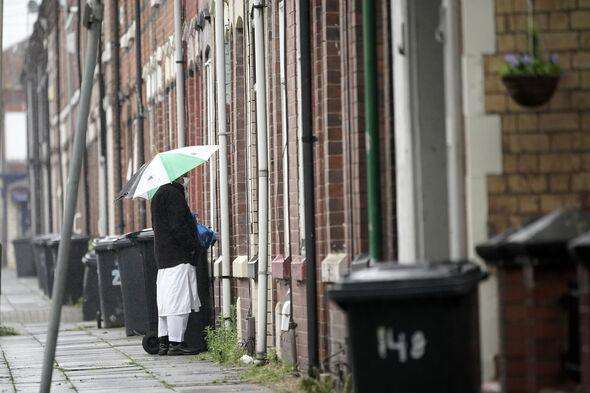Britain's higher education sector is on the brink of a deepening financial crisis after the Labour Government announced plans to fund its new maintenance grant for domestic students with a levy on international student fees. University leaders are warning that the policy, intended to help working-class students, will paradoxically result in mass course closures, job losses, and ultimately, reduce opportunities for all UK students.
Vivienne Stern, Chief Executive of Universities UK (UUK), the body representing over 140 institutions, has revealed that vice-chancellors believe the 6% levy—which is estimated to cost the sector over £600 million a year—will wipe out the fragile financial stability they have fought to maintain.
"I’ve spent the last 48 hours talking to university leaders about what this means for them. It’s going to mean more course closures. It’s going to mean more job losses," Stern stated, accusing the government of handing the sector a "great big tax" at a time when nearly three-quarters of providers are projected to be running a deficit by 2025/26.
The New Maintenance Grant: What It Is and How It's Funded
The policy, championed by Education Secretary Bridget Phillipson at the recent Labour Party conference, marks the reintroduction of means-tested maintenance grants, which were abolished in 2016.
- Target: The grants are targeted at students from the "lowest income families" to ease the financial pressure caused by the 20\% real-terms decline in maintenance loan value over the last five years. The goal is to ensure students can focus on their studies and not be "working every hour God sends."
- Eligibility: They will be available for domestic students studying "priority courses" at Levels 4 to 6 under the Lifelong Learning Entitlement (LLE), with full details due in the November Autumn Budget. These courses are expected to focus on areas that support the industrial strategy, including STEM subjects (Computing, Engineering, Mathematical Sciences, Physics, Chemistry) and Health-related disciplines (Nursing, Midwifery, Health and Social Care).
- Funding Mechanism: The grants, due to be introduced by 2029, will be fully paid for by a 6 per cent levy (tax) on the tuition fees received by universities from overseas students, as proposed in the government’s recent immigration White Paper.
Catastrophic Impact on British Students and Minorities
The funding mechanism has drawn the fiercest criticism due to the reliance of UK universities on international student fees, which currently cross-subsidise domestic teaching and research.
Independent analysis by policy consultancy Public First highlights the catastrophic fallout of the levy, which directly threatens the very students the grants are intended to help:
- Lost Students and Revenue: If the cost of the levy is passed to international students, an estimated 16,100 fewer international students would enrol in the first year, leading to a £240 million loss in fee income. Over five years, the UK economy could lose £2.2 billion and 77,000 international students could be deterred.
- Fewer Domestic Places: Critically, the decline in international revenue could result in 33,000 fewer places for domestic students in Year 1, rising to 135,000 fewer places over five years. This loss of places will be due to universities being unable to afford to teach subsidised UK students.
- Impact on British South Asian Students: Student bodies and UK academics have issued specific warnings about the effect on the flow of talent from South Asia. The President of INSA UK warned that a 6% levy risks "pricing Indian students out of Britain's higher education market," which is a key source of revenue for many institutions. As British Bangladeshi and British South Asian students often attend universities with high international student populations, the subsequent course closures and reduction in university places would disproportionately affect these communities' access to higher education, despite the grants being aimed at working-class backgrounds.
Major institutions, including University College London (UCL) and the University of Manchester, are set to be the hardest hit by the levy, facing potential annual costs of up to £43 million and £27 million, respectively. Experts warn this could force them to "pull back" on world-leading research projects or axe non-STEM courses, which are often the first to be deemed unprofitable.
Ms. Stern concluded: "What the Government has done is introduce a tax which will make that problem worse and not better. It’s a mistake. We support the policy, but not the way that they intend to fund it."

_4.jpg)






.svg)


_4.jpg)